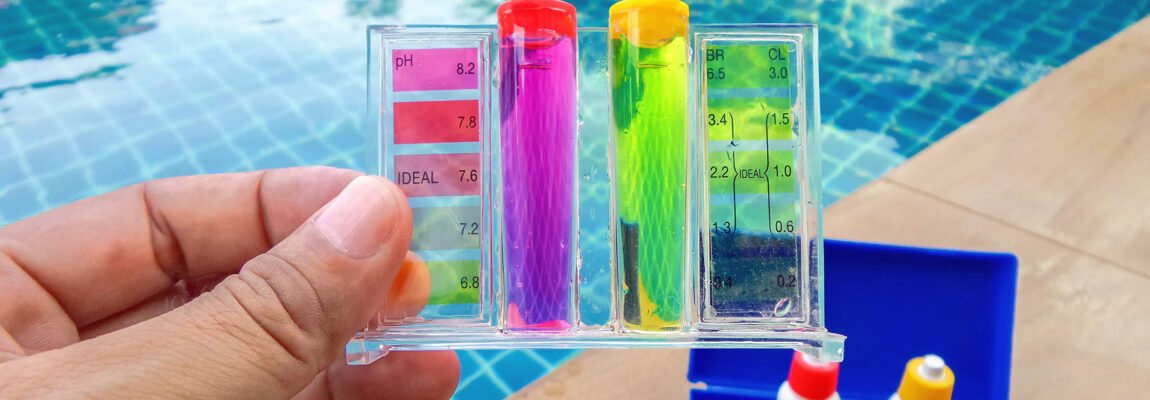As of my last knowledge update in September 2021, the United Arab Emirates (UAE) did not have a specific national standard for maintaining pool water chemistry. However, pool water quality and safety are essential considerations for public and private swimming pools in the UAE.
Typically, pool maintenance guidelines in the UAE follow international standards and best practices recommended by organizations such as the World Health Organization (WHO), the Centers for Disease Control and Prevention (CDC), and the National Swimming Pool Foundation (NSPF). These guidelines cover various aspects of pool water chemistry and maintenance to ensure the safety and comfort of pool users.
Here are some general principles and best practices for maintaining pool water chemistry:
- pH Level: Maintain a pH level between 7.2 and 7.8. This range helps ensure that the water is neither too acidic nor too alkaline, which can irritate the eyes and skin of swimmers.
- Chlorine Levels: Maintain an appropriate chlorine level to disinfect the pool water and prevent the growth of harmful microorganisms. The ideal chlorine level may vary depending on factors like pool usage, temperature, and bather load.
- Free Chlorine (FC): Free chlorine is the active form of chlorine that helps disinfect the water and kill harmful microorganisms. The recommended free chlorine level for a swimming pool typically falls within the range of 2.0 to 4.0 parts per million (ppm). This level can vary slightly based on factors like pool usage and temperature.
- Free Chlorine and Total Chlorine: Keep track of both free chlorine and total chlorine levels. Free chlorine is the active form that sanitizes the water, while total chlorine includes both the active and combined chlorine. The combined chlorine should be kept within acceptable limits to prevent the formation of chloramines, which can cause eye and skin irritation.
- Alkalinity: Maintain proper alkalinity levels (typically between 80-120 ppm) to help stabilize the pH level and prevent rapid fluctuations.
- Calcium Hardness: Monitor and adjust calcium hardness levels (typically between 200-400 ppm) to prevent scaling or corrosion of pool equipment and surfaces.
- Regular Testing: Regularly test the pool water chemistry using reliable test kits. Test at least once a day for commercial pools and a few times a week for residential pools.
- Filtration and Circulation: Ensure the pool’s filtration and circulation systems are functioning correctly to remove impurities and maintain water clarity.
- Shocking the Pool: Periodically “shock” the pool by adding a higher dose of chlorine to eliminate contaminants and maintain water clarity.
- Safety Measures: Follow all safety guidelines for pool operation, including proper signage, lifeguard supervision (if required), and regular pool maintenance checks.
- Documentation: Keep detailed records of water test results and maintenance activities to track the pool’s history and ensure compliance with safety and health standards.
Please note that regulations and standards may have evolved since my last update, and it’s essential to consult local authorities or pool professionals in the UAE for the most up-to-date information and specific guidelines for maintaining pool water chemistry in your area. Always prioritize the safety and well-being of pool users when maintaining pool water quality. You can also download a Public Swimming Pools Safety Guidelines document from the Dubai Municipality website.
Noor Al Burj is your reliable partner for Swimming pool maintenance in Sharjah, Swimming pool maintenance in Dubai, Swimming pool maintenance in Umm Al Quwain, Swimming pool maintenance in Ras Al Khaimah
